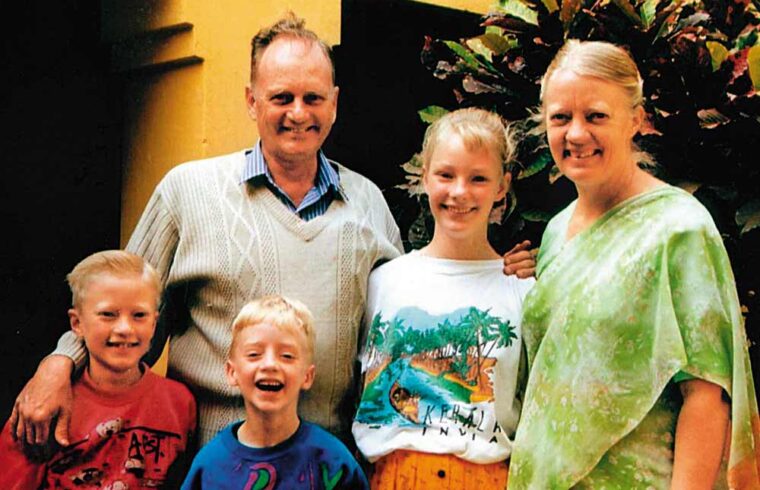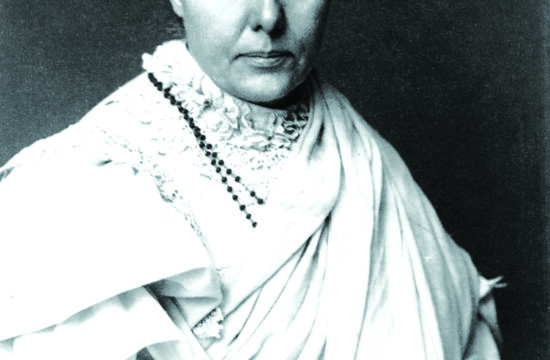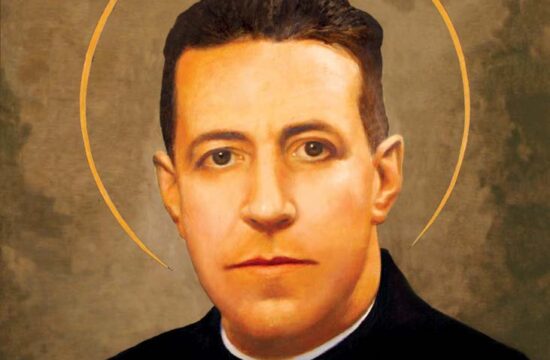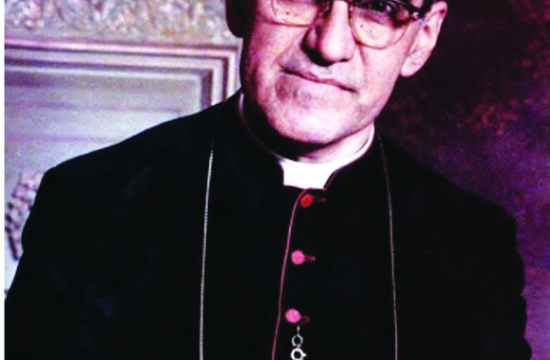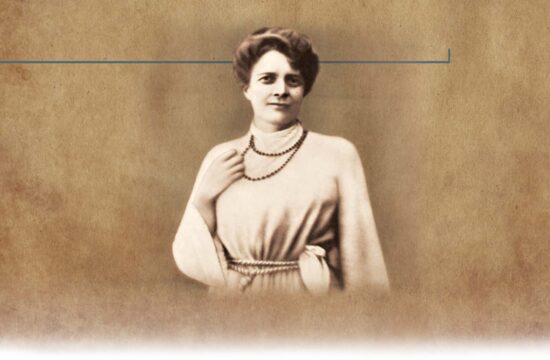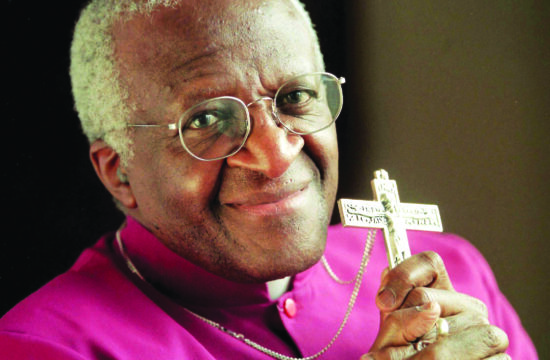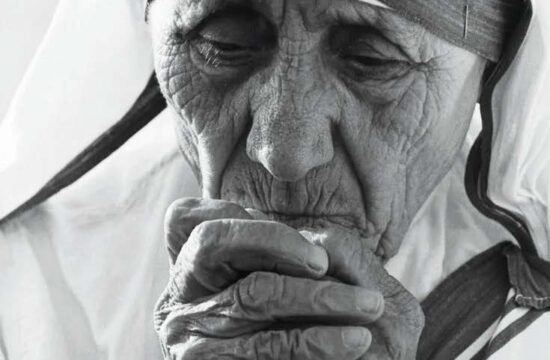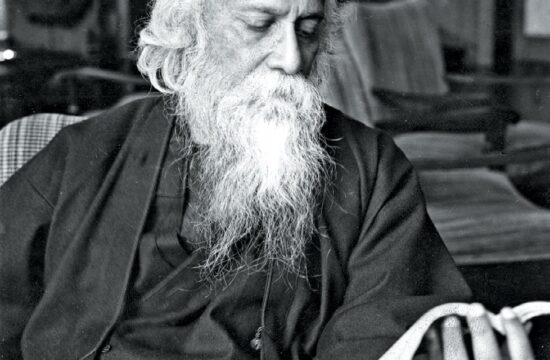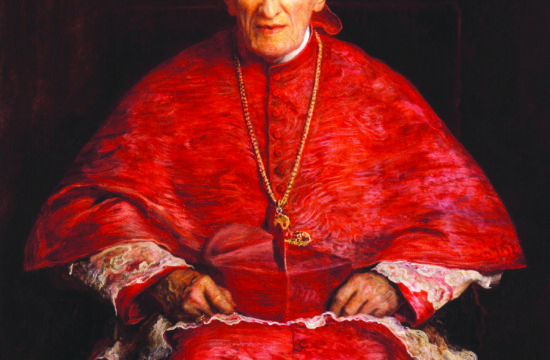Gladys Staines is one of India’s most celebrated peacemakers. Her life came out purer by the test of fire. Her husband Graham Stuart Staines, her children Timothy Harold Staines and Philip Graham Staines were consumed by the fire of communal hate and a heinous act of right-wing activists on 23rd January 1999 in Baripada, Orissa.
The then president K R Narayanan said, “This is a crime that belongs to the world’s inventory of black deeds”. Former Prime Minister Shri. Atal Behari Vajpayee claimed that “our heads should hang in shame” for this cowardly and inhuman act. Gladys Staines and her daughter Esther proclaimed, “We have forgiven the offenders, let the law of the land take its course, let justice prevail”. It was far from her mind to punish the persons who were responsible for the death of her husband and her two young and innocent children. But it was her deep desire and hope that they (the offenders) would repent and be reformed.
For Gladys Staines draws people towards God by forgiveness and love. She said, “Once you forgive, then will be healing”. The same words were spoken by Jesus when from the Cross He said, “Father forgive them for they know not what they do”. I forgive the other, because I have first received forgiveness from Jesus Christ. When we forgive, there is no bitterness and we live our lives and continue the task entrusted to us, with His grace and peace.
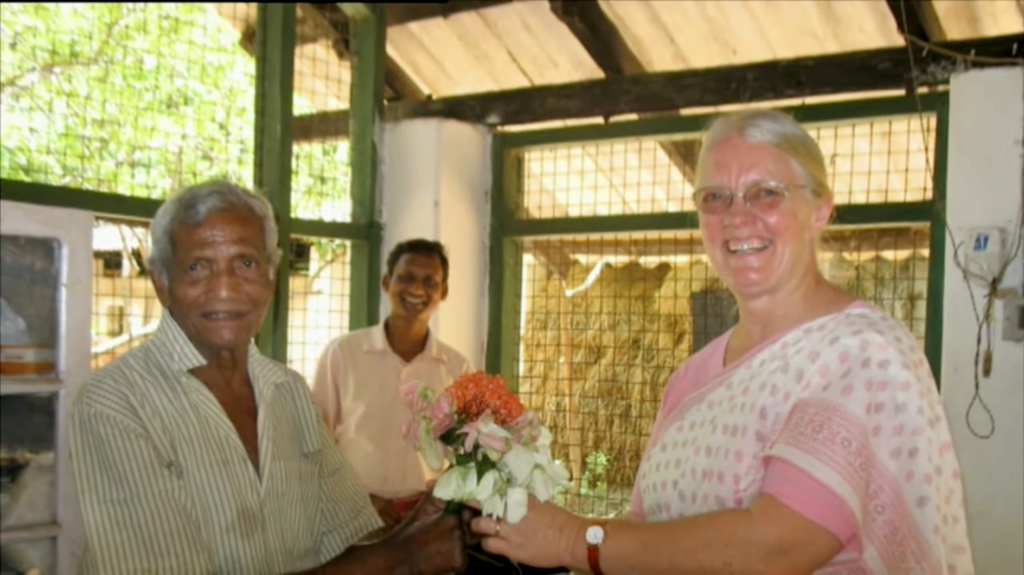
Gladys proclaims that the power of prayer helps forgiveness to flow from one’s heart. Those who have known the intervention of Jesus in their lives will have this gift to forgive and to be the witnesses of His peace and presence. She not only forgave the assailants in the true Christian spirit but continued to shower her love and the mercy of God on the people who needed her.
For her, the pathway to God is showing God’s love to people shunned by society like the leprosy patients she worked with. We are called to love – even our enemies: ‘Love one another, as I have loved you; by this everyone will know that you are my disciples’ (Jn.13:34-35). Gladys’ life and mission embodies loving our enemies, doing good to those who hate us, and blessing those who persecute us. However, “Forgiveness and consequences of our wrongdoing should not be mixed up,” she clarifies, supporting the normal judicial process of India. She says that through the smiling faces of the poor and the needy who keep smiling despite their misery and struggles, we learn to carry the cross in times of crisis and hardships. Such strength can only come from the power of faith; and faith comes from prayers. Prayer is a conversation between God and us, who in the Divine’s infinite goodness, consoles and reassures. When God is working with us, nothing can be against us. It is not how we live, but what matters is ‘whether we are in the will of God’. For Gladys to be able to still live in the Will of God despite such loss, needs an inner strength. This inner strength can only come, when one is deeply rooted in Jesus. Because He lives…we can face tomorrow.
The author is Research Director, Environmental Scientist, and Professor at St. Joseph’s University, Bengaluru.


